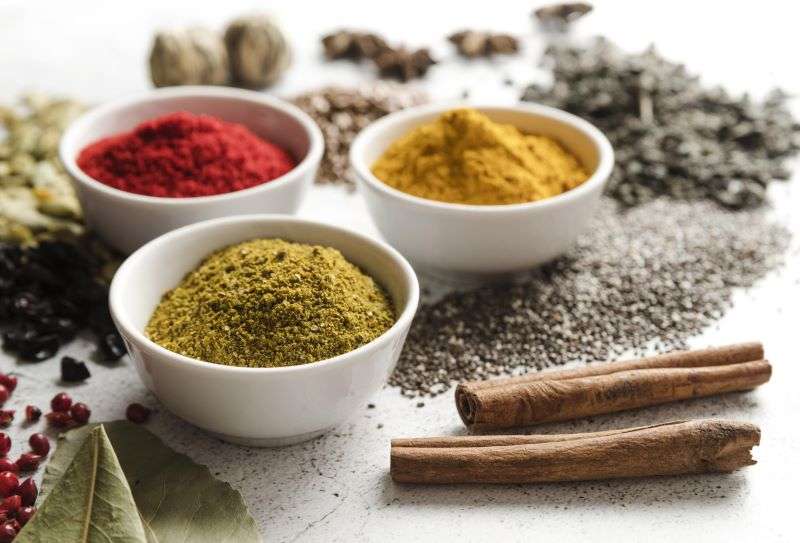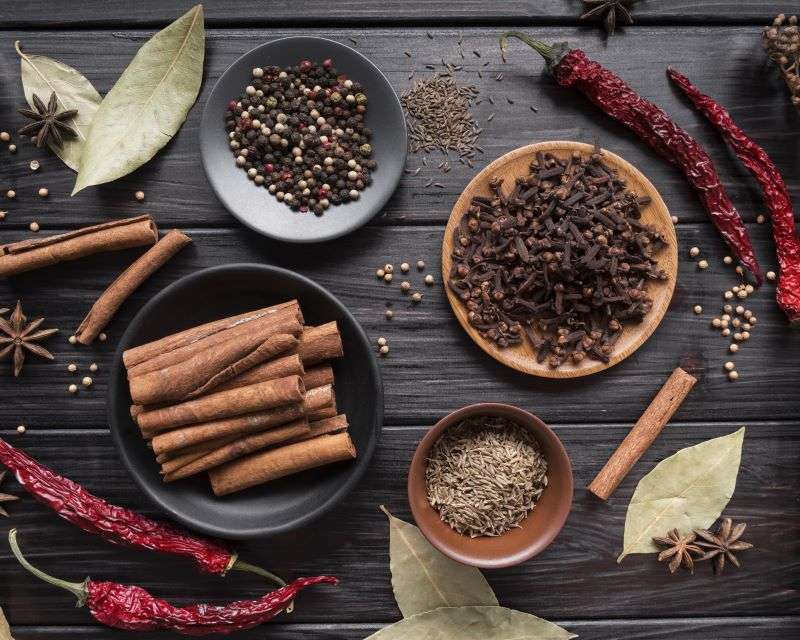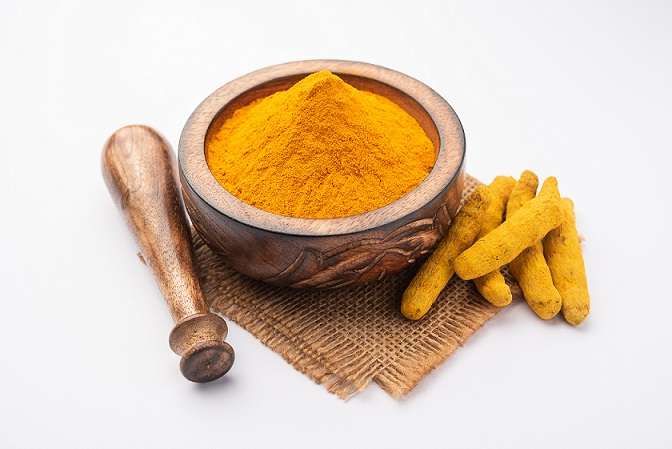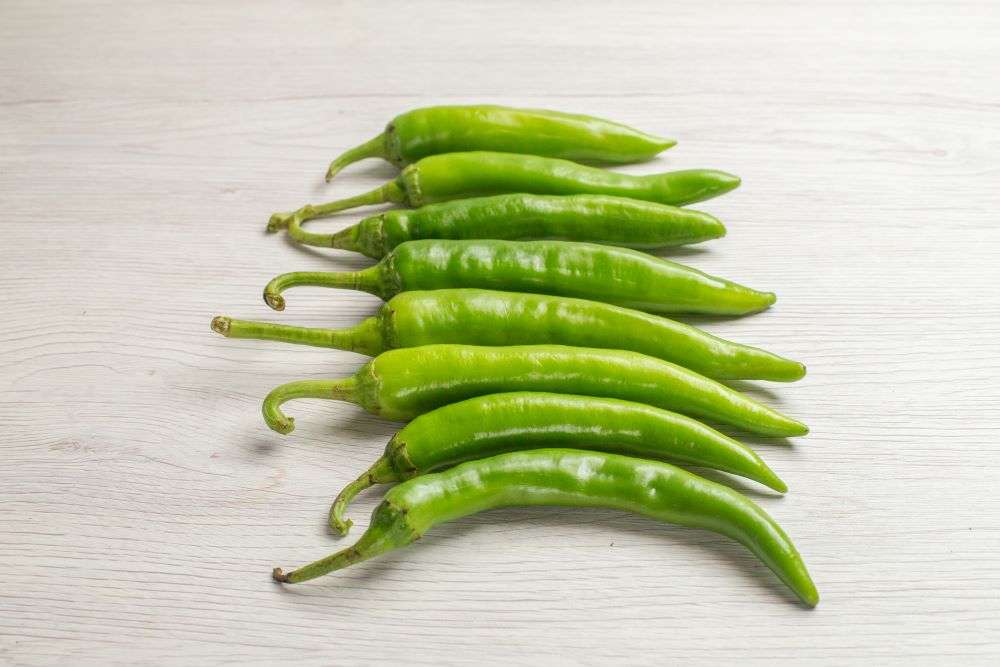India is a global leader in spice production, and Indo Foods Export is at the forefront of delivering India’s rich, high-quality spices, like Turmeric (Haldi), Coriander (Dhania), Cardamom (Elaichi), and Clove (Laung), to the world. The journey of these spices from Indian farms to international kitchens involves several stages, ensuring exceptional quality, purity, and flavor in each batch. Let’s walk through the step-by-step journey Indo Foods Export follows to transform these spices into export-ready products.

1. Sourcing and Cultivation
Indo Foods Export prioritizes sourcing from the best spice-producing regions across India, where each spice thrives in its ideal climate:
- Turmeric (Haldi): Sourced from Andhra Pradesh, Tamil Nadu, and Maharashtra, known for their rich turmeric roots.
- Coriander (Dhania): Procured from Gujarat, Madhya Pradesh, and Rajasthan, where coriander seeds are robust and aromatic.
- Cardamom (Elaichi): From the Western Ghats in Kerala and Karnataka, ensuring rich aroma and color.
- Clove (Laung): Grown in Tamil Nadu and Kerala, yielding the finest clove buds.
Indo Foods Export collaborates with farmers who use sustainable, often organic practices to cultivate these spices. By following Global Good Agricultural Practices (GLOBALG.A.P.), the company ensures that the raw materials meet international standards for quality and safety.
2. Harvesting and Primary Processing
After harvest, each spice undergoes careful primary processing:
- Haldi (Turmeric): Turmeric roots are boiled, sun-dried, and polished to preserve color and essential oils.
- Dhania (Coriander): Coriander seeds are sun-dried, sorted, and cleaned to remove any impurities.
- Elaichi (Cardamom): Cardamom pods are handpicked and carefully dried to retain their natural flavor.
- Laung (Clove): Cloves are harvested before flowering and sun-dried until they reach optimal moisture content.
Drying and initial cleaning are critical to ensure each spice retains its potency, color, and aroma. Indo Foods Export places great emphasis on preserving these qualities, as they directly impact on the spice’s market value and appeal.
3. Quality Assessment and Sorting
Once the initial processing is complete, Indo Foods Export ensures that the spices undergo strict quality checks, including:
- Removing impurities and damaged pieces.
- Sorting based on size, color, aroma, and moisture.
- Testing in laboratories to assess volatile oil content, curcumin levels (in turmeric), and microbial load.
These quality checks ensure that each batch meets both company and international standards, which is crucial to ensure product consistency and safety for exports.
4. Grinding and Further Processing

Depending on customer requirements, Indo Foods Export processes spices as whole, ground, or in blended forms:
- Grinding: Indo Foods Export grinds spices in a controlled environment to avoid contamination. Temperature control is crucial during this stage to retain each spice’s essential oils and flavor.
- Blending (if needed): For specific markets, spices are carefully blended to create masalas, ensuring precise measurements for consistent taste.
5. Sterilization and Sanitization
To guarantee food safety, Indo Foods Export uses steam sterilization and other methods to eliminate potential contaminants whenever necessary. This ensures, the spices remain pathogen-free and retain their quality throughout their shelf life, satisfying international safety standards.
6. Packaging
Packaging is a vital step for Indo Foods Export, as it preserves freshness and quality during transit:
- Primary Packaging: Spices are packed in moisture-proof, airtight bags to maintain flavor and aroma.
- Secondary Packaging: These primary packs are then placed in larger containers, often in vacuum-sealed or nitrogen-flushed packaging, to prevent spoilage during transit.
- Labeling: Packages are labeled to meet importing country regulations, detailing origin, packing and expiration dates, and any necessary certifications.
7. Export Documentation and Compliance
Indo Foods Export takes care of all necessary documentation and compliance:
- Certification: Products are certified by the Food Safety and Standards Authority of India (FSSAI), APEDA, and other necessary certifications.
- Quality Inspection: All spices are inspected by agencies like the Export Inspection Council (EIC) of India to meet export requirements.
- Documentation: The company ensures proper export documentation, including Certificates of Origin, Bills of Lading, Phytosanitary Certificates, and customs paperwork.
8. Shipping and Logistics
Once packaged, Indo Foods Export ships spices in cargo containers equipped with temperature and humidity controls. This ensures the spices retain their quality upon reaching the destination, allowing customers worldwide to enjoy authentic, flavorful Indian spices.
Indo Foods Export takes pride in delivering premium Indian spices such as turmeric, coriander, cardamom, and clove to global markets. Through meticulous sourcing, rigorous quality control, and careful processing, Indo Foods Export ensures that the essence of these spices is preserved from the fields to flavorful dishes worldwide. This dedication not only elevates India’s position in the global spice trade but also allows consumers across the world to experience the authentic flavors of Indian cuisine in their kitchens.





